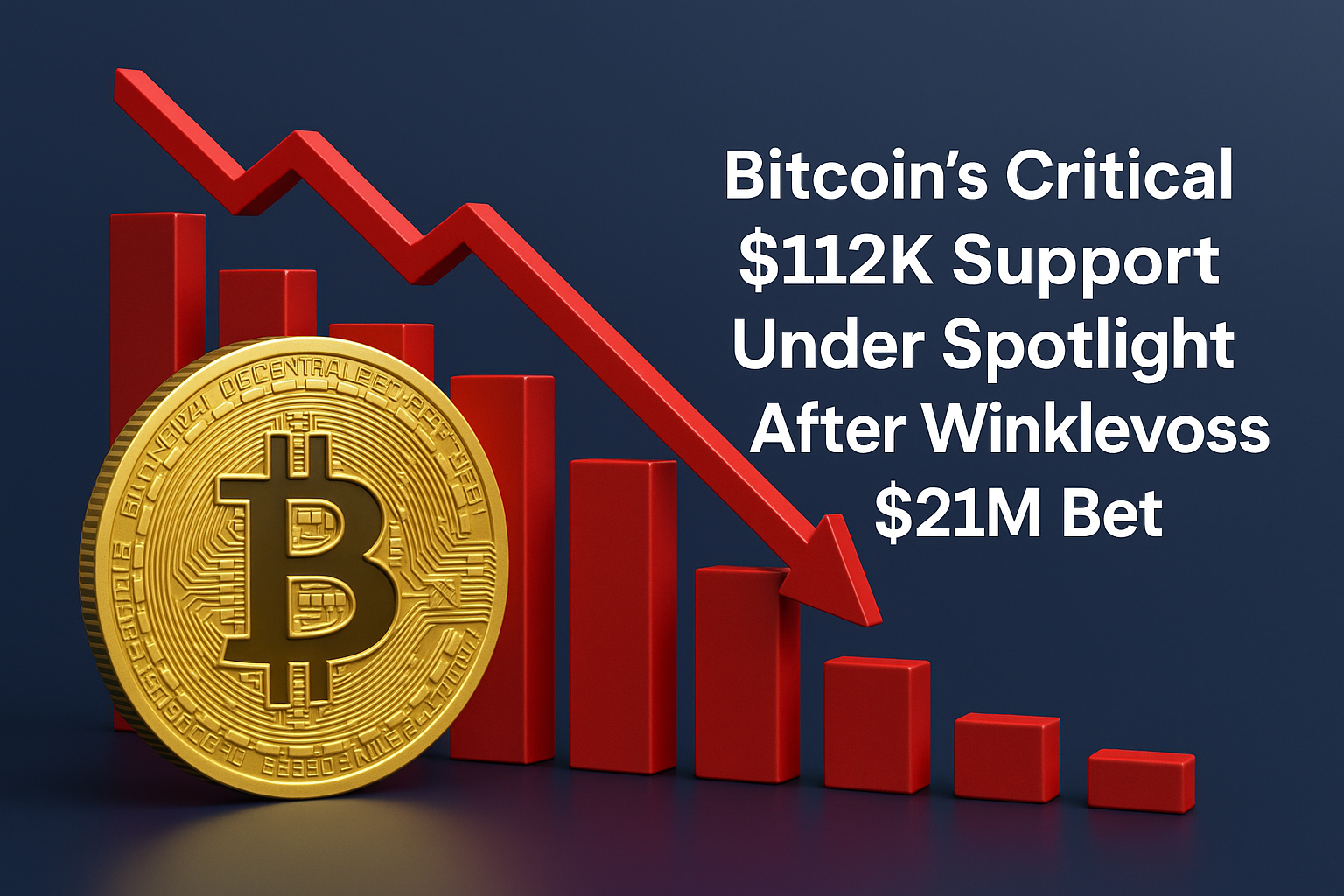The U.S. Senate’s rejection of the GENIUS Act on Thursday has sent shockwaves through the crypto industry, with lawmakers and analysts warning that the failure to advance the bill could undermine the country’s position as a leader in blockchain innovation.
Despite months of negotiations and initial bipartisan support, the bill — which sought to establish a federal regulatory framework for stablecoins — was blocked in a 48-49 vote, falling short of the 60 votes required to proceed.
The setback came as several Democratic senators withdrew their backing, citing concerns over money laundering risks and potential foreign interference via stablecoin platforms. Additionally, the Trump family’s deepening ties to the crypto sector raised red flags for some lawmakers, particularly after revelations about their $2 billion stablecoin deal with UAE firm MGX.
Sen. Ruben Gallego, who had been a vocal supporter of the legislation, expressed disappointment over the bill’s current form, suggesting that a revised draft may still gain traction if key safeguards are added.
“This is not the end,” Gallego said, emphasizing that lawmakers still recognize the importance of regulating stablecoins, but want to ensure proper oversight to prevent misuse.
Crypto Advocates Warn of Potential Exodus Amid Uncertain Regulatory Environment
Industry stakeholders have responded with frustration and concern, arguing that the Senate’s indecision could stifle innovation and drive crypto businesses abroad.
Sen. Bill Hagerty, the bill’s sponsor, described the vote as a “devastating blow” to U.S. crypto leadership, warning that emerging blockchain projects may now seek regulatory certainty overseas, particularly in regions like Europe and Asia, where regulatory frameworks are more defined.
Sen. Cynthia Lummis echoed these concerns, asserting that the U.S. is now at risk of losing its status as a global hub for blockchain innovation. Lummis pointed to the recent surge in crypto adoption in Europe, where the European Union has already implemented comprehensive stablecoin regulations under MiCA.
Meanwhile, President Trump’s ongoing crypto ventures remain under intense scrutiny, with Democratic lawmakers pushing for further investigations into the potential conflict of interest stemming from the Trump family’s involvement in World Liberty Financial and its rapidly growing stablecoin, USD1.
The political controversy has fueled speculation that the GENIUS Act could be reintroduced in a revised form, with stricter provisions on financial transparency, anti-money laundering, and issuer accountability.



